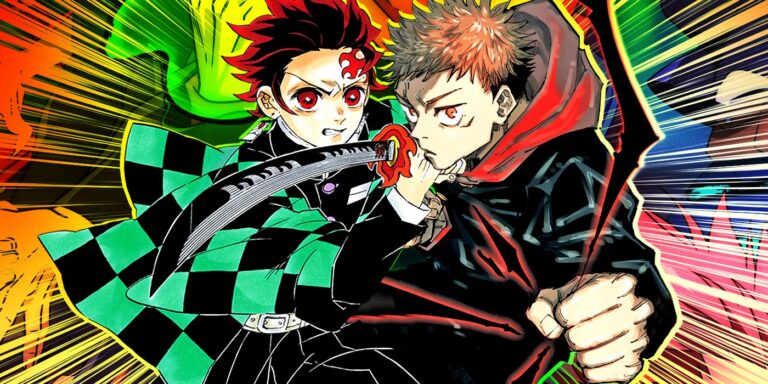Fans of action shonen anime are immersed in a plethora of choices, with series like Jujutsu Kaisen and Demon Slayer dominating the scene. As enthusiasts delve into these captivating worlds, comparisons naturally arise, revealing the strengths and nuances of each series. While both hold their unique allure, Jujutsu Kaisen emerges as a frontrunner in several key aspects.
Jujutsu Kaisen’s Humor Triumphs Over Demon Slayer
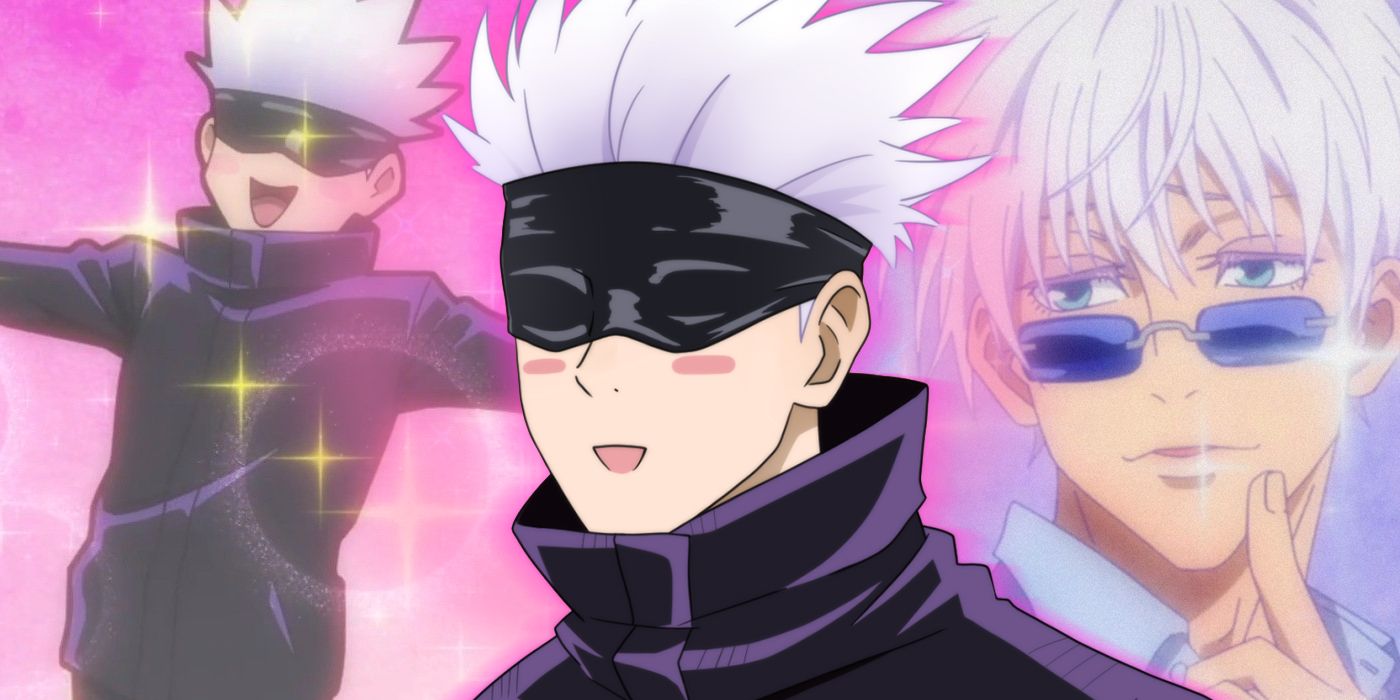
A hallmark of quality shonen anime is the inclusion of humor to balance tension and endear characters to the audience. Jujutsu Kaisen excels in this regard, with Satoru Gojo’s playful pranks, Yuji and Nobara’s teasing, and even villainous curses engaging in amusing activities. In contrast, Demon Slayer’s humor, often centered on characters like Zenitsu Agatsuma, occasionally falls into repetitive patterns, relying on shouting and panic.
Yuji’s Compelling Struggle Trumps Nezuko’s Narrative
In the realm of protagonists grappling with inner demons, Jujutsu Kaisen’s Yuji Itadori stands out. His struggle as the living vessel for Ryomen Sukuna, a malevolent force, adds depth to his character. The dynamic of Yuji attempting to master Sukuna’s power while facing the consequences of Sukuna’s past actions creates a compelling narrative. This surpasses the somewhat straightforward journey of Demon Slayer’s Nezuko, who, as a demon, lacks the internal conflict that Yuji experiences.
Moral Ambiguity Elevates Jujutsu Kaisen’s Leaders
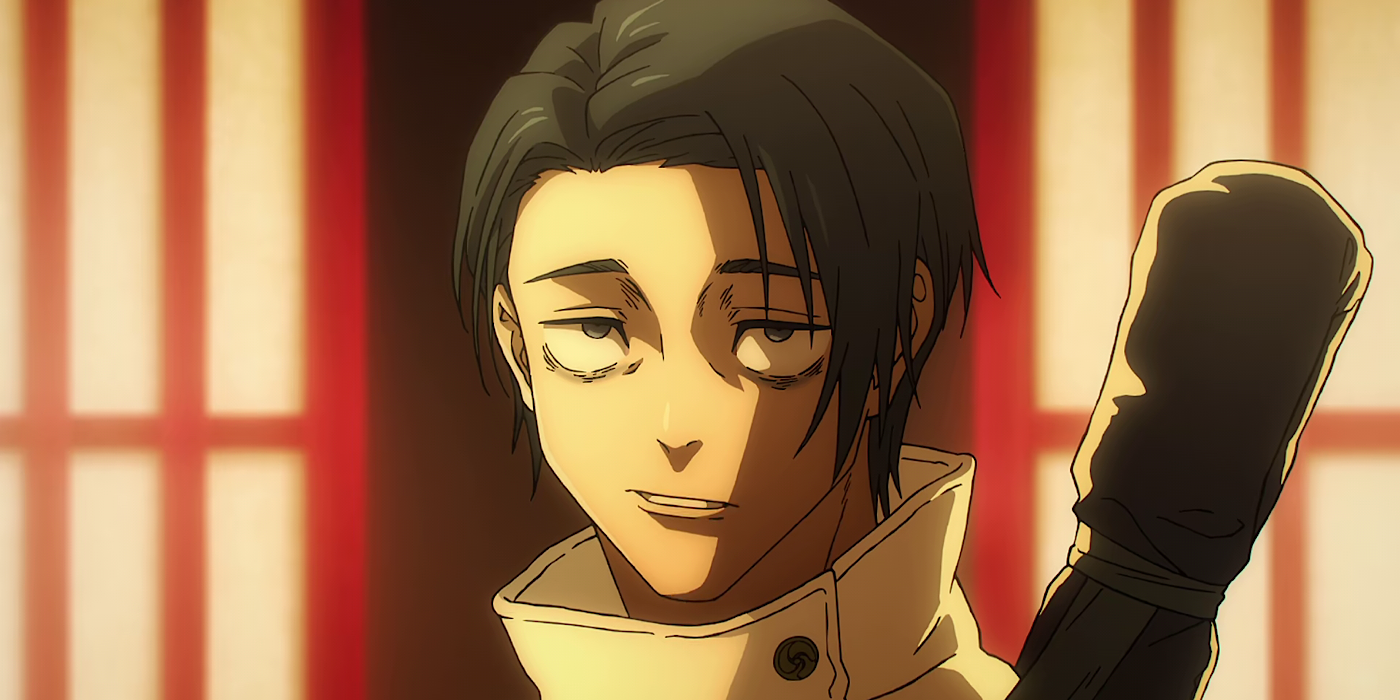
Jujutsu Kaisen introduces moral ambiguity within its leadership, offering a nuanced perspective. The sorcerer elders, while committed to protecting humanity, exhibit a conservative and unforgiving nature. This adds complexity to the narrative, forcing protagonist Yuji to navigate challenges from both curses and his supposed allies. In contrast, Demon Slayer’s Kagaya Ubuyashiki, as a benevolent and trustworthy leader, lacks the same depth of conflicting ideologies.
Jujutsu Kaisen’s Willingness to Write Out Heroes Intensifies Stakes
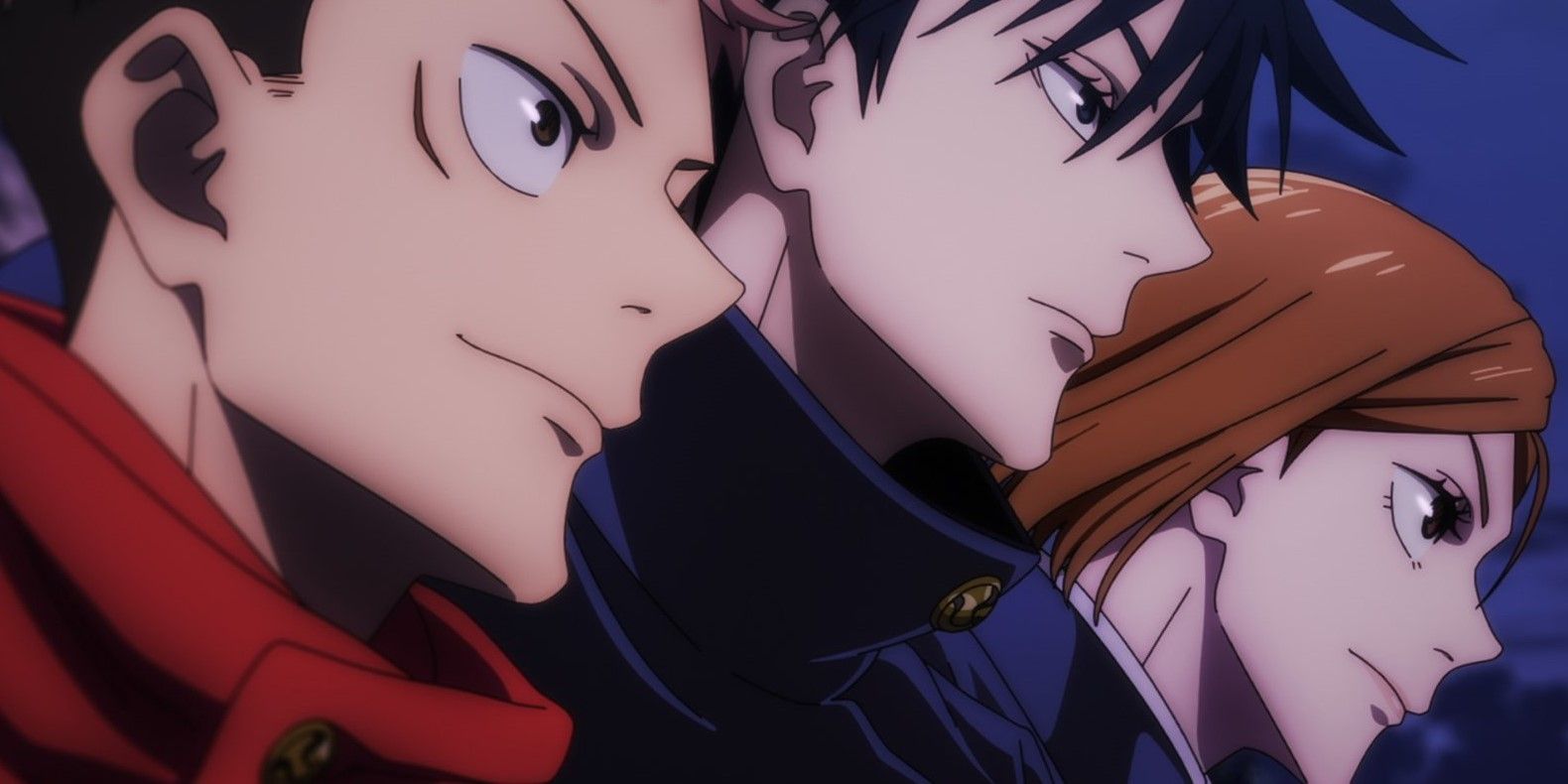
While many shonen series occasionally write out heroes, Jujutsu Kaisen boldly and regularly embraces this narrative choice. Characters like Junpei Yoshino, Kento Nanami, and Nobara Kugisaki face unexpected and impactful deaths, elevating the stakes and intensifying emotional connections. This willingness to take risks and explore darker themes enhances the overall narrative tension.
Jujutsu Kaisen’s Superior Anime Trio
The central trios in both series play a crucial role, but Jujutsu Kaisen’s trio of Yuji, Nobara, and Megumi surpasses Demon Slayer’s ensemble. The cohesion among Jujutsu Kaisen’s trio is stronger, devoid of infighting or distractions. Each member possesses a well-balanced and likable personality, contributing to the overall narrative in a more harmonious manner. In contrast, Demon Slayer’s trio, especially with Zenitsu’s divisive antics, may feel less cohesive.
Diverse Powers in Jujutsu Kaisen Outshine Demon Slayer
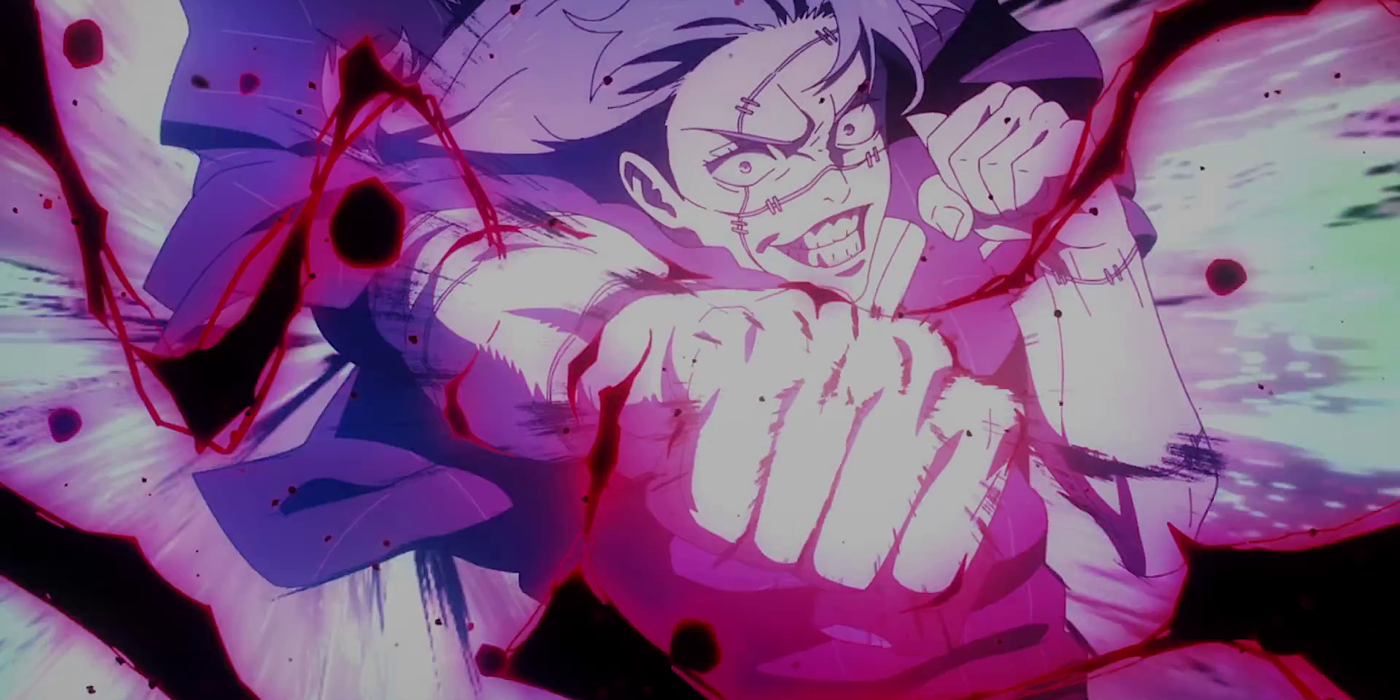
Jujutsu Kaisen introduces a broader spectrum of powers and abilities, enhancing the diversity of combat scenarios. While Demon Slayer’s breathing techniques provide variety, Jujutsu Kaisen explores a wider range of combat styles. Characters like Satoru Gojo and Aoi Todo showcase unique abilities, contributing to the distinctiveness of each battle. This expansive approach ensures that every fight feels fresh and unpredictable.
Jujutsu Kaisen’s Mentorship Dynamic Trumps Demon Slayer
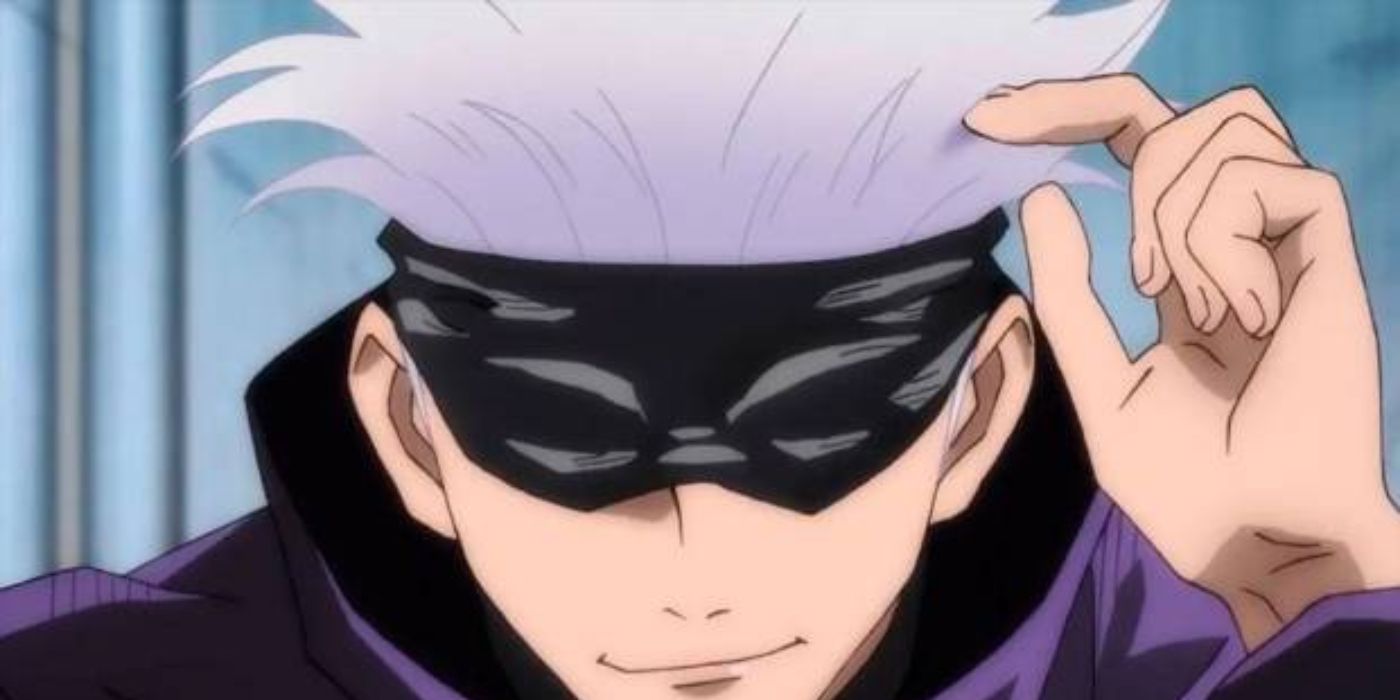
Mentorship is a common theme in shonen anime, and Jujutsu Kaisen excels with the dynamic between Yuji Itadori and Satoru Gojo. Satoru’s unique and effective training
methods contribute to Yuji’s growth, and their strong bond enhances the mentorship narrative. Demon Slayer, on the other hand, lacks memorable mentors for Tanjiro Kamado, with Sakonji Urokodaki’s training montage being a notable but limited contribution.
Jujutsu Kaisen’s Grading System Surpasses Demon Slayer’s

Both series employ grading systems to measure strengths and mark progress, but Jujutsu Kaisen’s grading system proves more effective and relevant. The simplicity of grade categories, ranging from grade 4 sorcerers to special grade curses and sorcerers, offers a clear hierarchy. In Demon Slayer, the ranking system within the demon slayer corps feels less impactful, with the Hashira being the primary focus.
Jujutsu Kaisen Crafts Longer and More Substantial Story Arcs
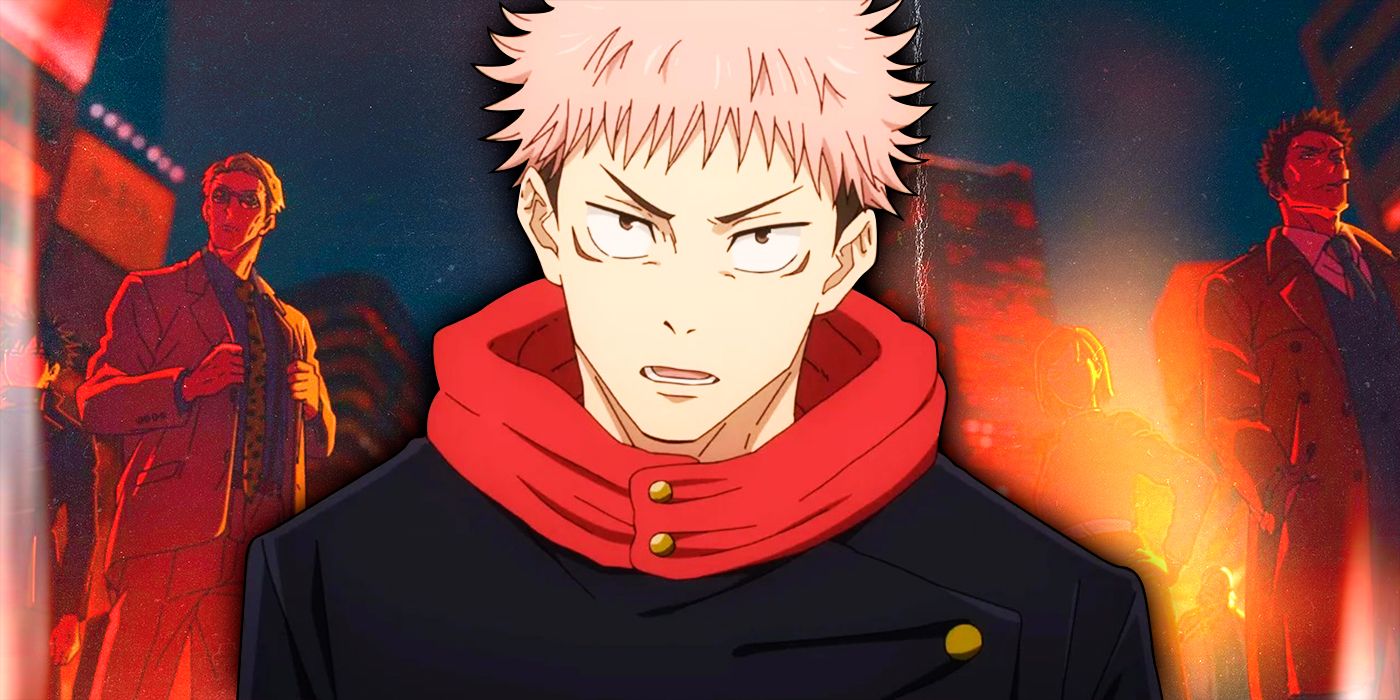
The significance of story arcs contributes significantly to the impact of a shonen anime. Jujutsu Kaisen’s storytelling shines with longer and more substantial story arcs, such as the gripping Shibuya Incident arc. These arcs allow for in-depth exploration, character development, and impactful moments, elevating the narrative to legendary status. In comparison, Demon Slayer’s arcs, while containing highlights, sometimes feel constrained by brevity.
Yuji Itadori’s Intriguing Mental Scars Trump Tanjiro Kamado’s Journey
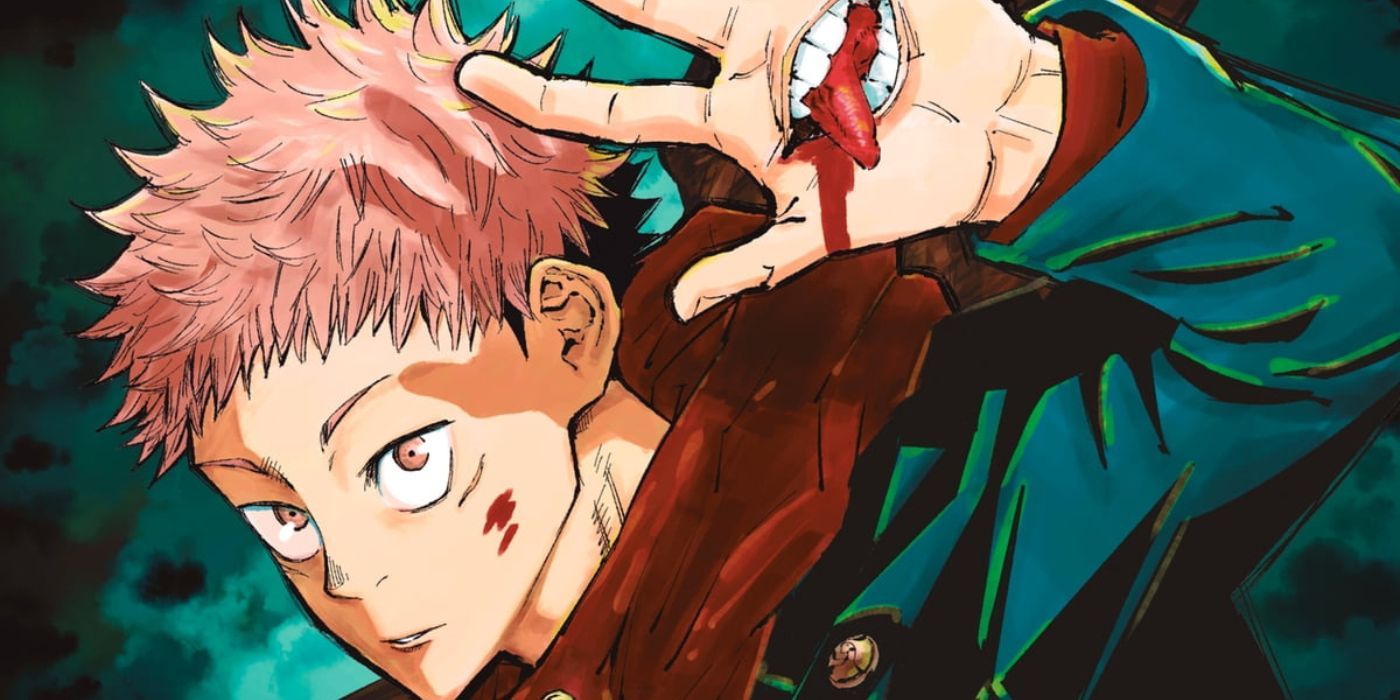
Both Yuji Itadori and Tanjiro Kamado bear emotional scars, but Yuji’s mental struggles prove more intricate and captivating. The constant threat of Ryomen Sukuna and the devastating events in Shibuya push Yuji to confront the harsh realities of his world. This complexity adds layers to Yuji’s character, surpassing the somewhat resolved trauma experienced by Tanjiro.
In the fierce battleground of shonen anime, Jujutsu Kaisen emerges as a powerhouse, delivering superior humor, character dynamics, storytelling, and thematic depth. While Demon Slayer has its merits, Jujutsu Kaisen’s multifaceted approach to key elements cements its position as a standout in the genre.

